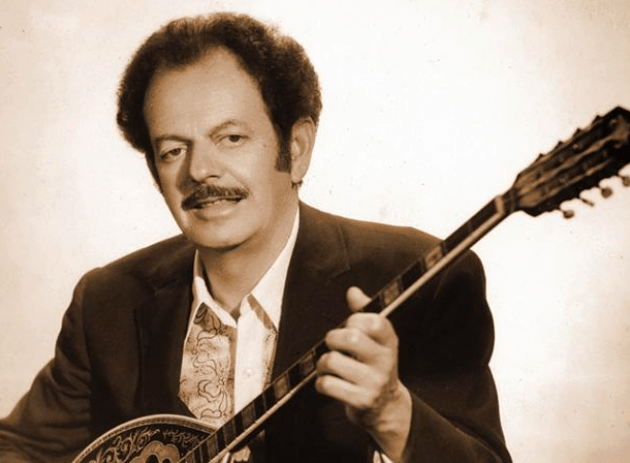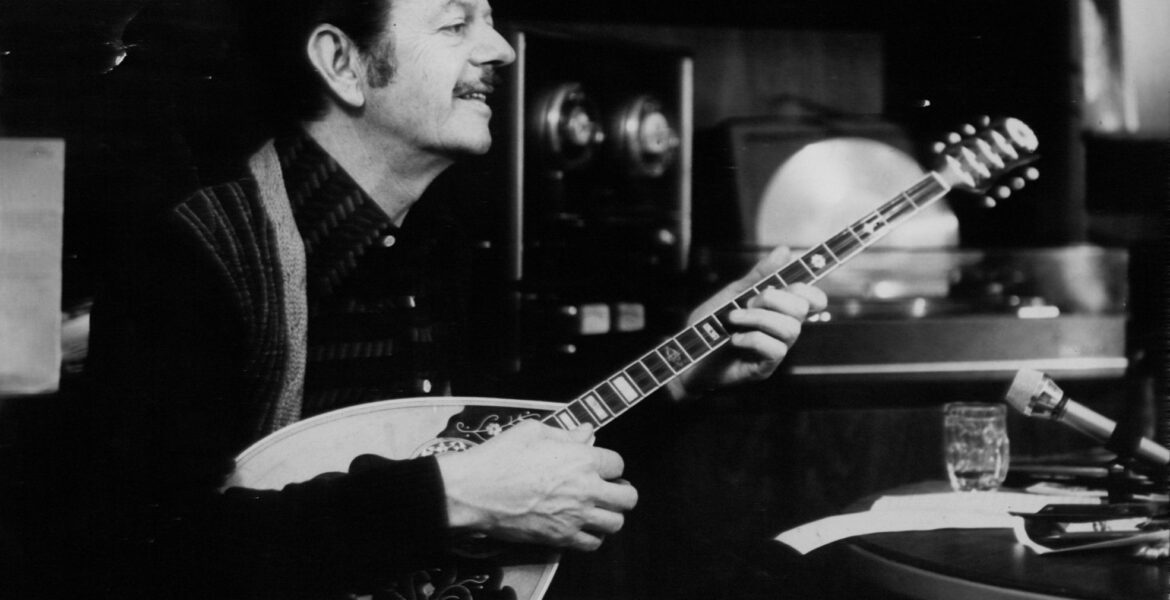Vassilis Tsitsanis was born on January 18, 1915, and passed away on January 18, 1984, marking his 69th birthday. A prominent Greek songwriter and bouzouki player, he is recognized as one of the key figures in the development of modern Rebetiko and Laiko music.
Tsitsanis, born in Trikala, showed an early interest in music, mastering the violin, mandola, and mandolin, which became integral to many of his compositions. In 1936, he moved to Athens to pursue a degree in Law, and by 1937, he had also learned to play the bouzouki, making his initial musical recordings.
In 1938, he relocated to Thessaloniki, where he served in the military for about ten years during the German occupation of Greece. During this period, Tsitsanis gained fame, opened an ouzeria, got married, and composed many of his best songs, which were later recorded after the war.

Despite the record companies being shut down by the German occupation forces in 1941, Tsitsanis had already recorded approximately 100 of his own songs and contributed to numerous recordings by other composers. In 1946, he returned to Athens, embarking on recording many of his compositions. His collaborations with renowned singers like Sotiria Bellou, Marika Ninou, Ioanna Georgakopoulou, and Prodromos Tsausakis contributed significantly to their fame.
Tsitsanis is credited with advancing the “westernisation” of Rebetiko, making it more accessible to a broader audience and laying the foundations for future Laiko music.


